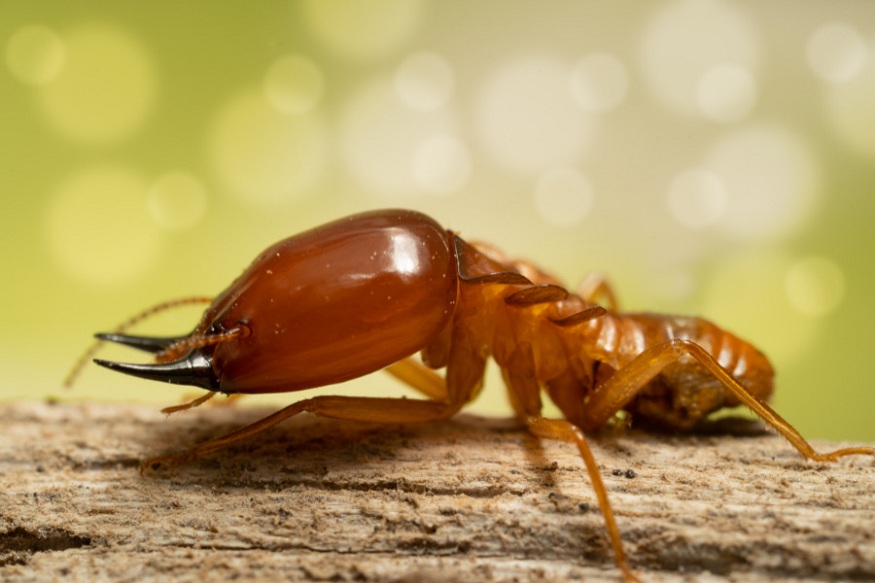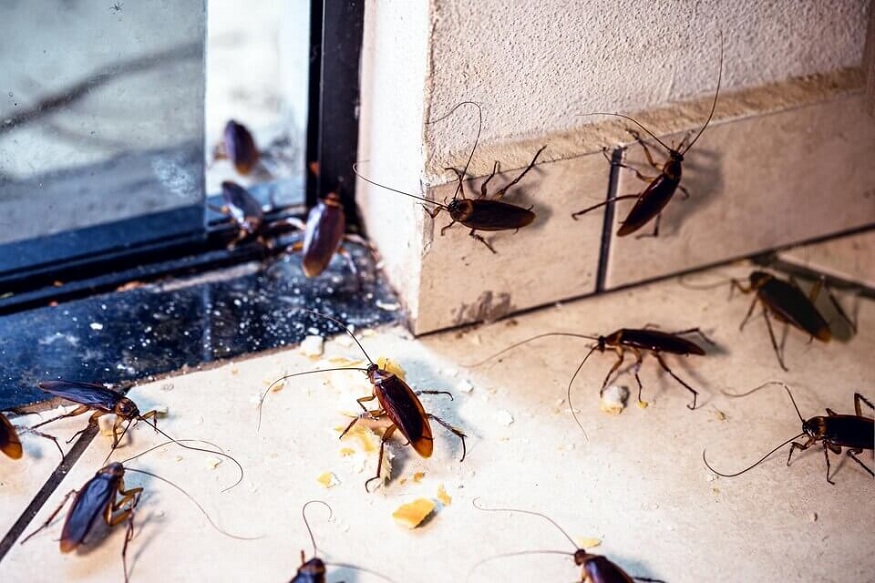Your Rowlett garden can be your paradise; however, it can also be a haven for rodents when not maintained properly. Although beautiful landscaping improves your property’s appeal, some plants and features may draw rats and mice to your garden. This makes it important to understand the effects of your landscaping choices on rodent activity. Also, knowing when to seek help from romneypestcontrol.com experts is important to protect your property from these damaging pests.
How Your Garden Can Attract Rodents
Diverse vegetation and warm climates are ideal environments for different types of rodents such as roof rats and Norway rats. Some landscaping practices, particularly those that involve dense foliage and fruit-bearing treats, can invite rodents into your yard. These practices include the following:
- Fruit trees. Fruit-bearing trees such as avocados and mangoes provide roof rats their main food source. Usually, such rodents forage on low-hanging or fallen fruits, nuts, and citrus.
- Overgrown landscaping. Poorly maintained gardens that have tall grass, dense palms, and overgrown shrubs offer rodents enough shelter to create nests and keep themselves hidden from predators.
- Bird feeders. A lot of people feed birds, but such feeders can attract rodents searching for easy meals.
- Foundation and bird baths. Such water features can give rodents a water source, particularly during dry seasons.
- Compost piles and trash. For rodents, these food goldmines give them what they need to survive while in your yard.
Different Rat Species on their Habitats
Rowlett is home to different species of rodents, including Norway rats, roof rats, and house mice. Roof rats stay in high locations such as trees, rooflines, and attics, making properties that have thick foliage and tall trees susceptible to infestation. Meanwhile, Norway rats thrive in low-lying areas such as crawlspaces and sewers. Your landscaping efforts and preventive measures against rodents will depend on the kind of rodents that have invaded your property.
Repelling Rodents with the Right Landscaping Practices
It is important to make smart landscaping choices to minimize the risk of rodent infestations on your property. Proper yard maintenance keeps your outdoor space beautiful but also creates an environment that rodents are not attracted to. Below are the best landscaping practices you can consider:
- Having rodent-resistant plants. Species such as mint, marigolds, or lavender can repel rodents because of their strong scents.
- Maintaining trees and shrubs regularly. Trees and shrubs must be trimmed regularly because roof rats can use their branches to access attics or rooflines.
- Elevating garden beds. Fruit and vegetable beds should be raised off the ground, so rodents do not access them. Also, this lets you spot possible rodent activity easily.
- Using proper mulch and ground cover. Over-mulching should be avoided as this can attract rodents looking for food or shelter. Also, ground cover layers and mulch must be kept thin.
These landscaping practices can help you make your garden less attractive to rodents while keeping its charm.
When to Call the Experts
Even with diligent landscaping practices, professional rodent management may still be necessary for your home. This is especially the case if your area experiences a persistent rodent issue because of the climate and abundance of natural resources. Fruit trees, water features, and dense foliage can increase the risk of rodents infesting your house.
Pest control professionals can address rodent issues that occur either inside or outside your house. Never allow rodents to take over your home and garden. By contacting the professionals, you can protect your property against those unwelcome guests. These professionals can offer a free inspection of your property and customized treatment and control plans against rodents. Once they have successfully eliminated a rodent infestation, they can suggest preventive measures you can take to prevent future infestations.



